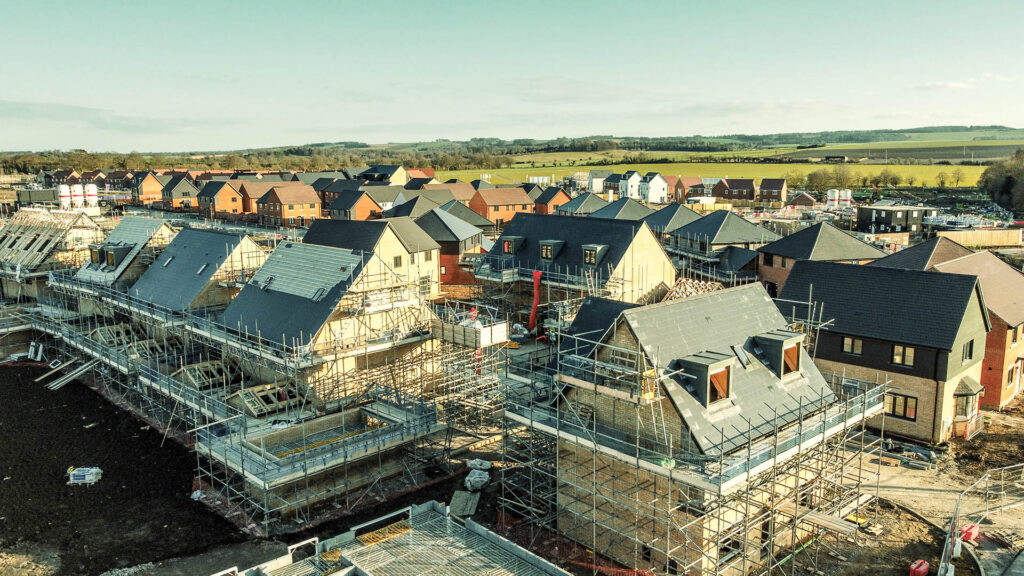As first-time buyers fall to the lowest level in a decade, Michael Gove continues to show what a slim grasp he has on economics, investment and the current housing crisis, by threatening to plunge the residential property sector into further crisis through his ground rent reforms. These no doubt seem like a pre-election vote winner, but the reality is far more negative.
When people buy a leasehold flat, they sign a contract agreeing to pay their fair share of the upkeep (service charges) and, in many cases, a ground rent (on average £298 a year). The latter has been whipped up by Gove as cost for nothing (which of course it is not), and one that needs tackling.
So, perhaps unsurprisingly, the industry is likely to take the Government to court – and if they win, the taxpayer will be paying back that £27.3bn. The Government’s planned retrospective interference in existing property rights is akin to how a high-risk emerging market country operates; this, at a time when senior figures are desperately courting the pensions industry to invest in the UK. However, why would these funds invest here when Gove is demonstrating the UK is not a country for long-term investment, where a government can take value away in an instant?
Now I know you may not shed many tears for investors, but what of soon-to-be flat owners? With no ground rent income, professional building owners will become insolvent overnight, meaning flat owners must run their own buildings. A small handful of campaigners will say this is as significant victory. But the Government’s own research shows how, when asked if they wanted to run their own buildings, 5 out of 6 responded with a very firm “no thanks”. Quotes included: “I don’t like the idea of taking over management. Too much responsibility, too stressful”, and “I work full time and then on my days off, I want to relax and see my friends not be dealing with… another job”.
To rub salt into the wound, Gove’s plans will likely cause the sales process to immediately grind to a halt, which will almost inevitably lead to a crash in the flat value of those people that Mr Gove thought he was helping.
So, Mr Gove will tie the taxpayer up in an expensive legal challenge, destroy the UKs credibility for inward investment, and force reluctant flat owners to maintain and manage their own buildings in their spare time. But at least flat owners will be a few hundred quid a year better off, ey?
Gove’s leasehold reform plans will only make the UK housing crisis worse

Mick Platt, Director of the RFA
Mick Platt is the Director of the RFA. He is also CEO and Director of Wallace Partnership Group Limited, a professional freeholder. Mick qualified as a Chartered Accountant with KPMG in 1994 and as an Associate Member of the Association of Corporate Treasurers in 2002. He previously worked in the property sector with Hammerson and McArthurGlen before joining Wallace in 2007.

